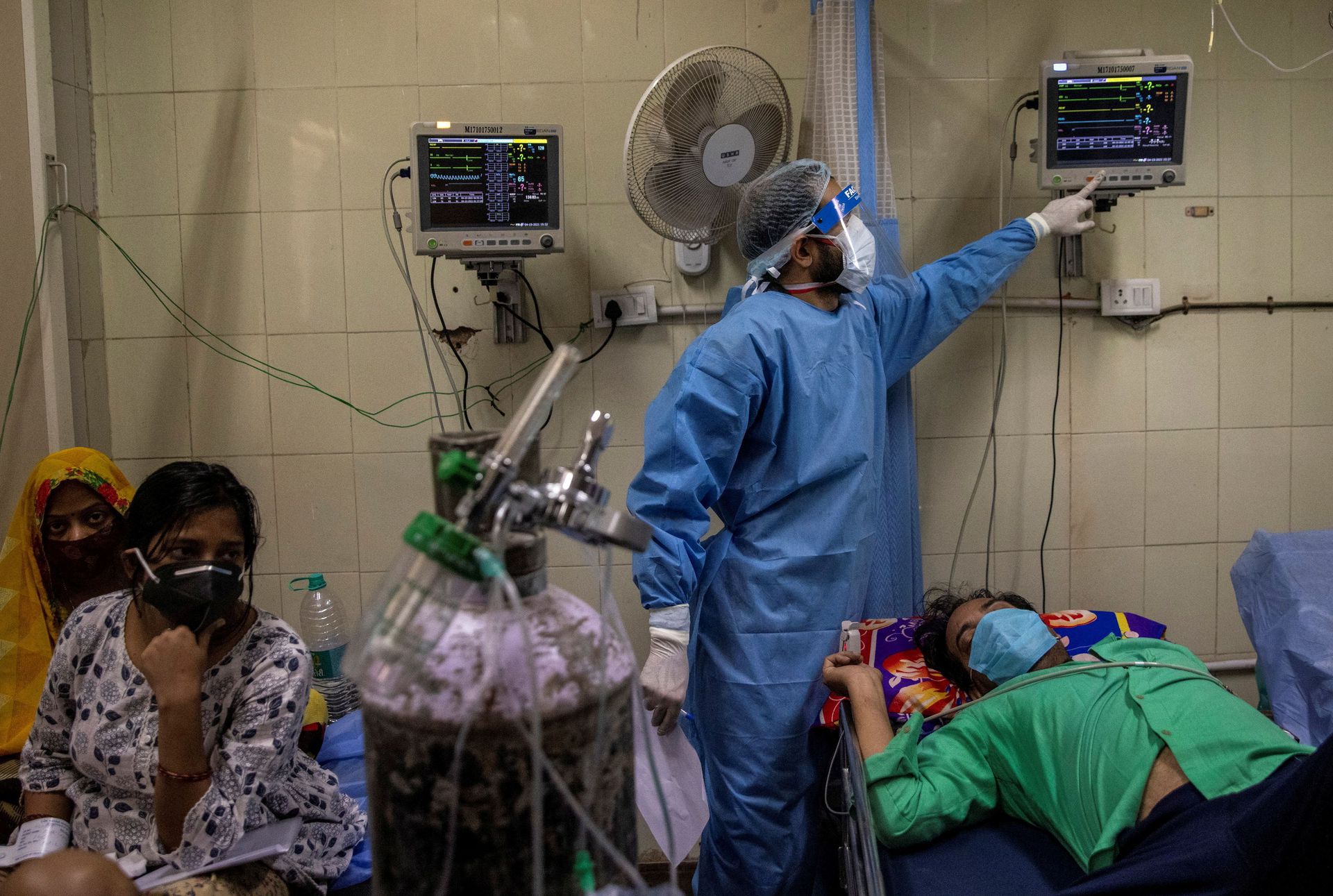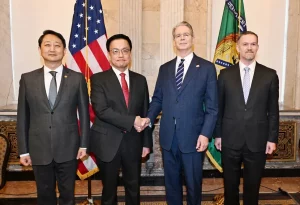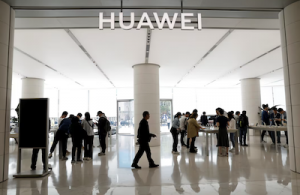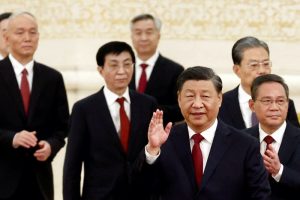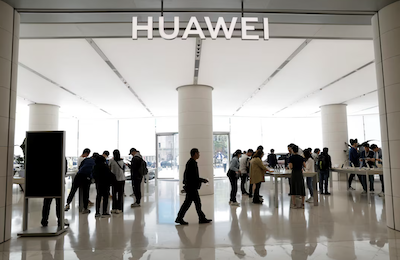(ATF) An explosion of coronavirus cases in India has pushed its hospitals to the absolute limit and forced the government to take drastic measures. New Delhi has been locked down again and $600 million has been offered to get vaccine makers to ramp up supplies to counter the spectacular surge of Covid-19.
From May 1 vaccines will be given to anyone over the age of 18, and the Modi government is also reportedly planning to waive its 10% customs duty on imported Covid vaccines.
India is the world’s largest vaccine maker, but it is struggling to meet demand for the drugs as daily infections scale new records – with over 273,800 new cases reported on Monday. This has led to the Serum Institute of India (SII) and Bharat Biotech (BBL) to seek funds to boost their capacity.
India has so far administered 123 million vaccine doses, including nearly 11 million of a domestically developed shot known as Covaxin.
The government is trying to boost output of Covaxin and the vaccine made by Astra Zeneca and Oxford University, called Covishield in India. It also wants to change rules to fast-track imports of vaccines developed by Pfizer, Moderna and Johnson and Johnson.
Last week, the country announced that vaccines cleared by drug regulators in the US, UK, the European Union and Japan as well those cleared by the World Health Organization would be eligible for use in the country while conducting bridge trials at the same time.
Other South Asian countries, including Nepal and Pakistan, as well as Latin American nations such as Argentina and Brazil levy vaccine import tariffs ranging between 10% and 20%.
Case numbers soaring
India has seen its daily Covid cases top 200,000 for six straight days, while daily deaths rose by 1,619 on Monday to 178,769. Hospitals are facing an acute shortage of beds, oxygen and key medicines, as infections passed 15 million this week, the world’s second highest total after the United States.
Facing growing criticism over its handling of the second wave of the pandemic, Prime Minister Narendra Modi’s administration said vaccine manufacturers would have to supply 50% of doses to the federal government and the other half to state governments and the open market at a pre-declared price.
Since the government currently regulates the sale and purchase of all Covid shots, Monday’s liberalisation measure will augment vaccine production and availability, and attract new domestic and international vaccine manufacturers, experts said.
It will also make pricing, procurement, eligibility and administration of vaccines open and flexible, allowing all stakeholders the flexibility to customise to local needs and dynamics, a government statement said.
The surge that has left the country’s healthcare infrastructure overwhelmed has also forced New Delhi to order a six-day lockdown, which started on Monday night, after its chief minister said the health system was unable to take anymore big numbers of patients.
“If a lockdown isn’t implemented now, the situation will go beyond control,” Chief Minister Arvind Kejriwal told a virtual media briefing on Monday.
New Delhi joined 13 other Indian states that have decided to impose restrictions, curfews or lockdowns in their cities, including the richest state of Maharashtra and Modi’s home state of Gujarat, where the industrial city of Ahmedabad is also grappling with a shortage of beds.
‘Raw materials, please!’
Meanwhile, India is also hoping that US will soon lift a ban on vaccine raw materials that has threatened to slow output of shots in the country.
Washington has invoked wartime powers of the Defense Production Act to preserve vaccine raw materials for its own companies, but the Serum Institute, the world’s biggest vaccine maker, says this goes against the global goal of sharing vaccines equitably.
India had to stop major vaccine exports to meet local demand, and has reached out President Biden to end the supply curb.
With reporting by Reuters
READ MORE:
India acts to head off its looming vaccine supply crisis
India’s Gland Pharma to make Russian Sputnik V Covid vaccine




